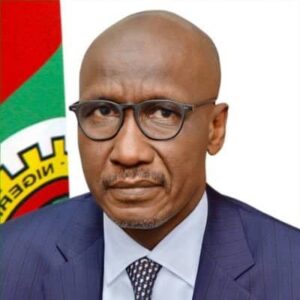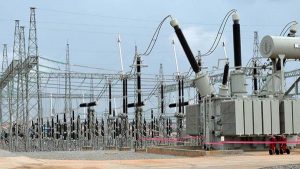IMF Wants Nigeria Gov To End Energy Subsidy
…Says FG should focus on education, health subsidies for debt reduction
Samuel Mobolaji
The International Monetary Fund (IMF) has once again called on the Nigerian government to end energy subsidy, however, encouraged the leadership of the country to target subsidies towards health and education sectors of the nation’s economy.
The Fund, also stressed the need for the country to increase its revenue base by focusing on increasing its tax bracket and compliance rather than increasing debt.
Presently, the country’s debt profile is in excess of N42 trillion, with the government planning to borrow more to meet up with its 2023 budget obligations.
IMF, in its latest Fiscal Monitor, titled ‘On the path to Policy Normalisation’ released yesterday, noted that, Nigeria’s debt is projected to continue and is canvassing that as Nigeria stops energy subsidies, Nigeria should have targeted subsidies towards health and education.
According to the report, low-income developing countries have been hit by several concomitant shocks, including the COVID-19 pandemic and the cost-of-living and food security crises, which have taken their toll on public finances.
“Fiscal deficits in low-income developing countries, at an average 4.2 per cent of GDP in 2022, showed moderate improvements relative to the worst of the pandemic. Primary spending remained stable at 16.9 percent of GDP, just below its 2021 level, on average, as countries increased fuel subsidies and social spending to respond to rising energy and food import prices.
“The increase in spending was larger among commodity exporters Burundi, Democratic Republic of Congo and oil exporters Nigeria, Yemen, with the latter group benefitting from more fiscal space thanks to high energy prices. In non-oil commodity exporters, the average fiscal deficit rose by 0.6 percentage points in 2022, reversing the improvement in 2021, as both primary spending and debt service payments increased,” it pointed out.
The report further stated that “in some low-income developing countries, debt is projected to continue rising Nigeria and some have asked for debt relief under the Group of Twenty (G20) Common Framework.”
Speaking at a press conference on the Fiscal Monitor at the ongoing 2023 Spring Meetings of the IMF and World Bank holding in Washington DC, the IMF director of the Fiscal Affairs department, Vitor Gaspar, noted that, the near-term outlook is complex amid high inflation, tightening financing conditions, and elevated debt and urged policymakers to prioritise keeping fiscal policy consistent with central bank policies to promote price and financial stability.
“Many countries will need a tight fiscal stance to support the ongoing disinflation process especially if high inflation proves more persistent. Tighter fiscal policy would allow central banks to increase interest rates by less than they otherwise would, which would help contain borrowing costs for governments and keep financial vulnerabilities in check.
“Tighter fiscal policies require better-targeted safety nets to protect the most vulnerable households, including addressing food insecurity while containing overall spending growth, as governments are likely to confront social pressures to compensate for past increases in the cost of living,” Gaspar stressed.









